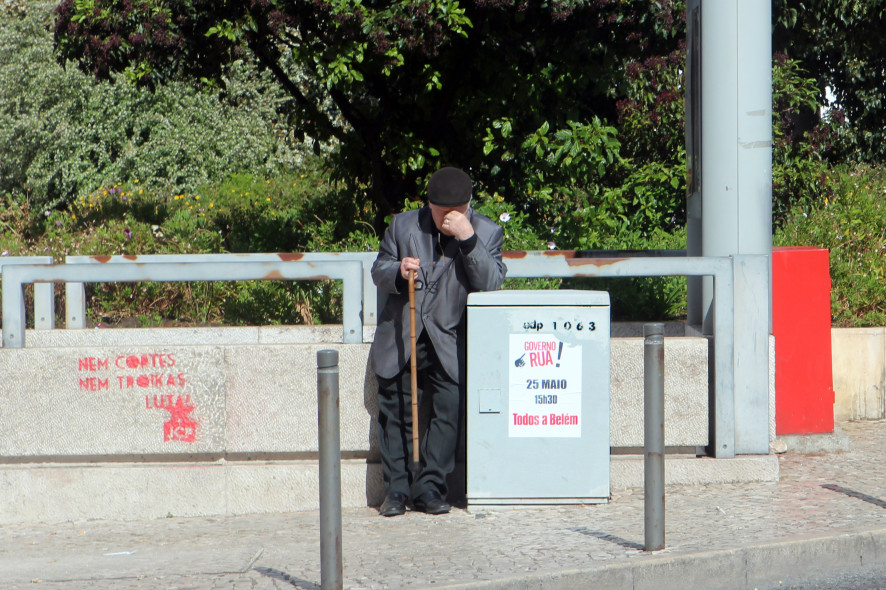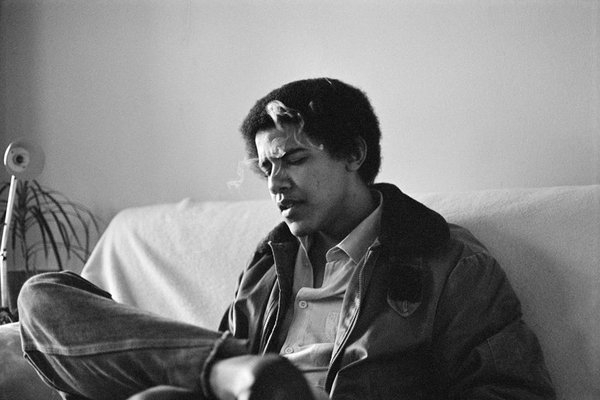by João Albuquerque
In a period of great economic depression the Portuguese people were called upon to cast their vote on what was expected to be another bi-polarized race between the Socialist Party (PS) and the right wing coalition that led the government over the last four years. The result, however, came as a surprise to almost everyone and has set the country on a still unclear path about what to do next.
After four years of harsh economic and social restrictions imposed upon the Portuguese people by the most liberal government of its history, the two ruling parties, running together in a coalition called “Portugal Ahead” (Portugal à Frente – PaF) have yet again been the single most voted force, gaining more seats in the Parliament than any other party alone.
However, compared to the previous parliamentary framework, they lost the overall majority held until last Sunday, losing 25 MPs, a direct consequence of having lost 14% of the votes from 2011 to today. The very important nuance, this time, is that all in all the left in the parliament has more votes and more seats combined than the right wing coalition.
Has the youth given up?
In the aftermath of these elections, several results stroke as surprising. The main was the extremely high abstention rate, especially among the young people. Several reasons have contributed to this: a) the real rate of youth unemployment is estimated to be over 30%, with many long-term unemployed people; b) tremendous emigration rates, with numbers set on over 300.000 people leaving the country (110.000/year in two consecutive years set the record in Portuguese history, beating even the darkest years of the Colonial War in the 1960’s), most of these being young people; c) from a sociological point of view, the emigration is currently very different from that of the 1960’s, consisting more of a brain drain than a less qualified one, mostly composed of educated young people (researchers, doctors and nurses are among those who have left the country in the recent years).
Huge cuts on the health system, on education and research, especially in reducing grants and scholarships, led to this big flee of the country. Official numbers estimate that for two consecutive years, 110k people per year left the country, allowing to point at an estimate of around 400k people leaving the country over the last 4 years. This translates into a higher abstention rate among the young people and a higher disappointment with politics and government than 4 years ago.
Which government now?
In his first statement after the elections, the PR has appealed for an agreement between the right and PS, something that has been declined by the Socialists. In the meantime, António Costa, PS Secretary-general, has started conversations with left wing parties. As talks are still going this can become a turning point in the Portuguese political framework, for success in setting up a left coalition would be an historic event, never before made possible at this level. So, what would this mean for Portugal and what kind of legitimacy would there be in a post-electoral left coalition?
The most western country in Europe has been one of the most harshly affected countries by the greatest economic crisis since the Great Depression. After calling for international financial assistance from the Troika – IMF, ECB and the European Commission –, which eventually led the right wing coalition to power, austerity measures were rigorously and vehemently implemented. The PM vigorously stated that his government was willing to go even further on imposing austerity in order to put Portugal’s fragile economy back on track.
A high increase on income and consumption taxes, reducing on wages and cutting on pensions, cuts on social welfare, such as unemployment benefit or the social supplement for the elderly, budget cuts on the healthcare system and public schools have set the agenda for what resulted in a clear loss of purchase power, a decrease of quality in medical assistance and education, public and foreign debt have both sky rocketed, over 200k jobs were lost and deficit remains the same as it was in 2011. On the event of these elections, the right ran again on the same premise: continue the austerity path, this time without the presence of the troika.
On the other hand, and despite the differences between the left wing parties, the main message was very clear: no more austerity, light or heavy, imposed slowly or fast. Interesting as it is, the Portuguese people clearly expressed an intention of change and voted largely for parties that rejected austerity; by giving them a clear majority in Parliament voters have put a tremendous pressure on the left parties to find a stable government solution.
An unclear future
At the time of writing, there is still no clear indication whether this possibility will become a reality, with conversations still going on. Nonetheless, the situation as it is, configures a golden opportunity to establish a broad base alliance to set a government on the basis of a policy change towards building a fairer society. Naturally, negotiations will bring out several differences among the parties; but the compromise to defend welfare, equality and social justice would need to prevail in the compromise solution eventually found. A strong, rational and balanced agreement between the three left parties, based on settling for a greater good and finding the common points, is essential to guarantee a stable government, assuring that the majority of voters’ aspirations are met.
The decisions that may emerge on the next few days will be determinant to understand what kind of society will be built in Portugal over the next few years. The success of inaction can result in the come back of the right wing coalition, giving way to more austerity measures and social impoverishment; the triumph of a left wing coalition can, on the other hand, contribute to a change of course in social and economical policies not only in Portugal but also in Europe. Let us not be in doubt: it is the model of state that was at stake in the elections of 4 October, and the Portuguese people were clear on their choice. Will there be a real correspondence to these aspirations?
Image by Carsten ten Brink, taken from Flickr.





